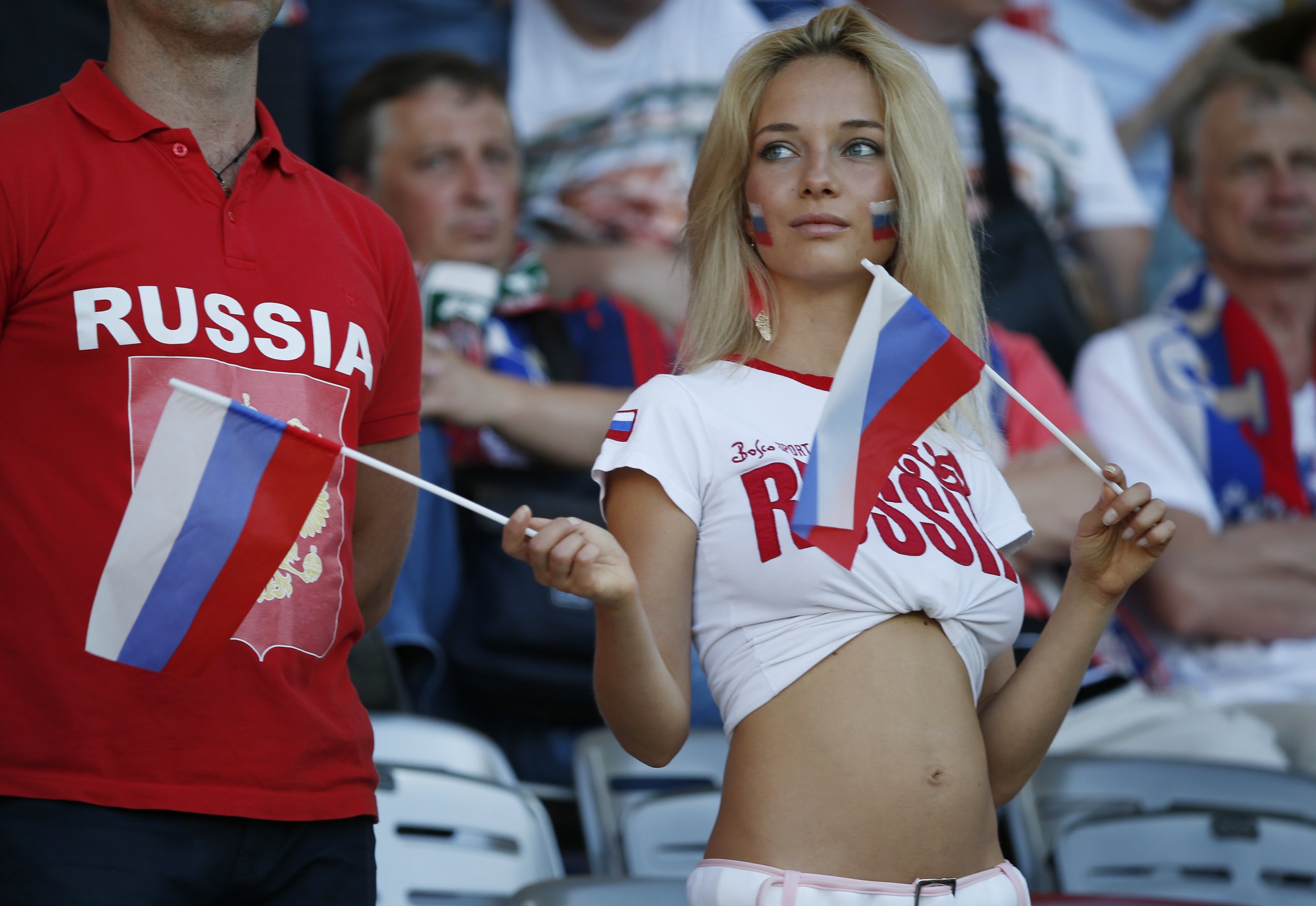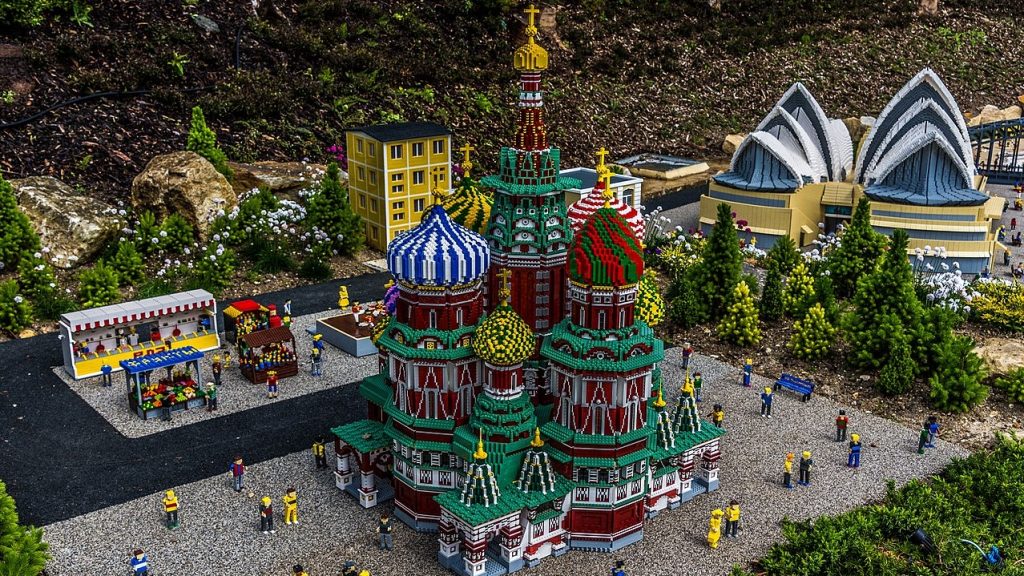- Joined
- Jan 17, 2010
- Messages
- 5,106
- Reaction score
- 6,258
– and it is working
Russia’s courting of the Global South goes beyond an attempt to avoid sanctions. It is seeking to de-Westernize the global order.
Natalie Sabanadze
Senior Research Fellow, Russia and Eurasia ProgrammeRussia has been courting the states of the Global South to circumvent Western sanctions and avoid international isolation – with notable success. In February 2024, Moscow hosted the first ‘For the Freedom of Nations’ forum with 400 delegates from 60 countries, aiming to rally the countries of the Global South against ‘Western neo-colonialism’.
The previous year, it hosted both a Russia-Africa summit and a first international parliamentary conference of Latin American countries. Moscow has also actively lobbied for the expansion of BRICS, which it currently chairs, and sent Foreign Minister Lavrov on several tours across the Global South. This week, Russia is hosting its Russia and the Islamic World Kazan forum, expecting more than 11,000 delegates from 79 countries.
Russia has effectively leveraged legacies such as memories of Soviet support for decolonization and traditions of non-alignment, bringing deep-seated resentment against the West to the fore.
But its diplomatic efforts go beyond an attempt to avoid sanctions. Two years into the war on Ukraine, Russia has globalized its war aims, shifting its focus from the ‘de-Nazification’ and ‘de-militarization’ of Ukraine to the de-Westernization of the global order. Moscow’s objectives are not only establishing full domination over Ukraine and the wider sphere of influence but also fragmentation of the global order into ‘civilizational’ centres of power, curtailing perceived US hegemony. The new multipolarity, according to Putin, would be more just, tolerant of cultural and ideological differences, and supposedly based on the sovereign equality of states.

In its war on Ukraine, Moscow has turned the Global South into both an instrument and a theatre of geopolitical competition, capitalizing on long-held grievances of colonialism and power imbalance. Much like its Soviet predecessor, Russia uses ‘anti-imperialism’ as its main propaganda theme and as an ideological basis for its global engagement. It has effectively leveraged legacies such as memories of Soviet support for decolonization and traditions of non-alignment, bringing deep-seated resentment against the West to the fore.
Many states have relished the opportunity to defy Western pressure by helping Russia evade sanctions and reaping benefits for themselves in the process. 40 countries are sanctioning Russia, but two-thirds of the world’s population live in countries that do not.
Many in the Global South draw a moral equivalence between Russia’s actions in Ukraine and those of the US and its Western allies in other parts of the world such as Iraq and Afghanistan. Perceptions of Western hypocrisy and double standards have increased further following Israel’s actions in Gaza.

The West is facing a double policy challenge: responding to Russia’s instrumentalization of the Global South in the context of the war in Ukraine, and mitigating the resulting geopolitical rift between itself and the Global South.
It is important, however, to make a measured assessment of Russia’s strategic intent and its capacity to achieve it. Even though Russia has been tapping into the Soviet playbook in its outreach to the Global South, it does not resemble the USSR. It lacks a coherent and exportable ideology akin to communist internationalism. Its global ambitions are curtailed by limited resources and its emphasis on information war, with hypocritical anti-colonialism at its core, is arguably used to mask underlying weakness. Nevertheless, it would be imprudent to dismiss Russia’s global engagement as inconsequential or to underestimate its capacity to disrupt.
First, Russia does not have the same objectives as the USSR. Its aim is uncontested regional hegemony that can best be guaranteed in the multipolar world. This requires weakening of the US and its allies through pressuring them in many directions simultaneously. The destruction of the existing order does not require a coherent plan of action or an attractive ideology, it is sufficient to galvanize discontent and convince enough actors to join in the fight.

Second, Russia may not have strong alliances, but it is not alone. Whatever Russia lacks in terms of an offer, China compensates. For now, the two complement each other rather than compete in the Global South. Others, such as Iran and North Korea, are willing to throw their support behind Russia to settle their own scores with the US and its partners.
Finally, one should not underestimate the appeal of the Russian offer of apparent multipolarity. It fits the interests not only of India and China who see themselves as regional hegemons but also of smaller powers that wish to pursue their foreign and domestic priorities without external scrutiny.
While Russia alone may not have the capacity to challenge the Western-led global order, the main threat stems from it acting as a multiplier of risks. Moscow is enabling different adversaries and increasing pressure points that are becoming connected as a common challenge to the West.
Preoccupied with forging internal unity, Western allies have failed to maintain global solidarity for Ukraine’s cause. They mistakenly believed that the countries of the Global South would simply back the evidently just cause.

Yulia Rybakova
Russia was quick to capitalize on Western arrogance, scoring not only diplomatic points, but cushioning the impact of sanctions. Given how critical Ukraine’s victory is for European security and the norms-based international order, there is a need to galvanize wider support through strategic engagement in several directions.
Establishing a dialogue on global consequences of the war could be one such area. Many countries in the Global South have been suffering from soaring food and energy prices and dealing with supply chain disruptions for critical commodities. Helping them mitigate these consequences and engaging in open communication to tackle common challenges, such as energy security, climate change and economic development, will generate better goodwill than applying pressure to join sanctions.
In parallel, however, increasing costs for those who enable sanctions evasion is equally important. This could be done both through targeted secondary sanctions and through a more political provision of trade incentives and assistance programmes.

A more difficult and long-term endeavour would be to rebuild consensus around basic principles of international law and make multilateralism work for the Global South. Most states, including those who effectively support Russia, refuse to accept most violations of the principles of territorial integrity and sovereignty out of obvious self-interest. Few want to see a forceful change of internationally recognized borders justified on grounds such as ‘historic justice’ become an accepted precedent.
Russian actions have destabilized the wider system of multilateralism. Rebuilding a more inclusive multilateral system is both necessary and an area where the interests of the Global South and the West align, not least because it can help rein in the predatory instincts of self-proclaimed great powers.
https://www.chathamhouse.org/2024/0...ok-global-south-challenge-west-and-it-working

